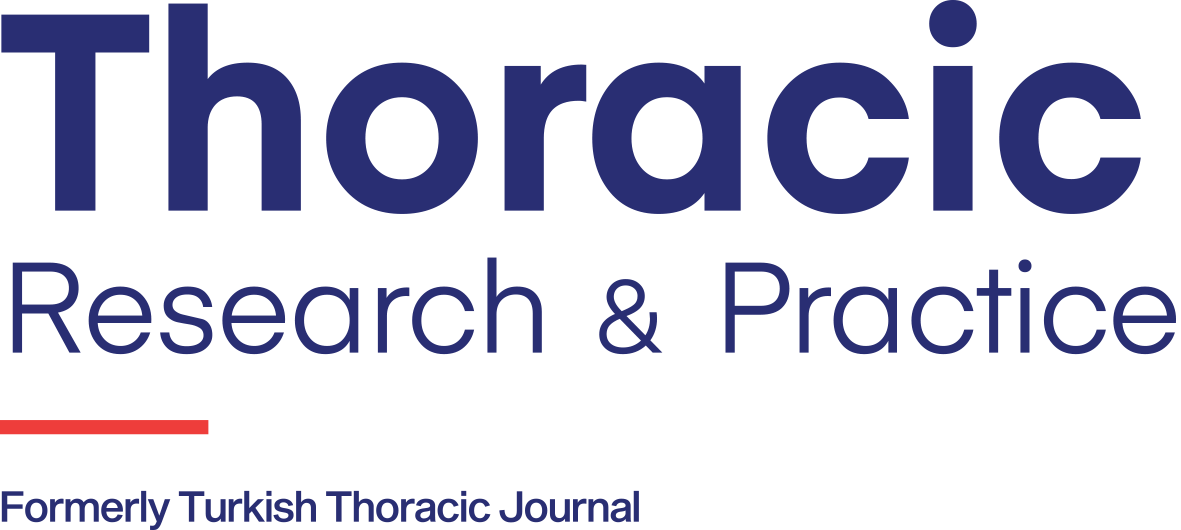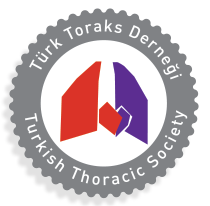Abstract
OBJECTIVE:
The tobacco industry has introduced electronic cigarettes (e-cigarettes) as a less harmful substitute to cigarettes and as an aid to smoking cessation. This study aimed to evaluate the success of evidence-based pharmacological treatments and behavioral/cognitive training in patients who failed to quit smoking with e-cigarettes.
MATERIAL AND METHODS:
A total of 109 consecutive patients with failed attempts at smoking cessation by e-cigarettes were admitted. A questionnaire was administered to evaluate the demographic characteristics and smoking habits. Nicotine dependence scores of the smokers were obtained using the Fagerström addiction test. Appropriate pharmacological therapy and behavioral/cognitive training were given to each patient who failed to quit smoking with e-cigarettes.
RESULTS:
The mean age of the participants was 35.2±10.4 years, and 89 (81.7%) were men. Education level was high school or university for 92 (84.4%) patients; only 17 (15.6%) graduated from middle school. The mean number of cigarettes smoked per day was 25.8±10.8, and the mean nicotine dependence score was 6.7±1.9. Only 6 (5.5%) individuals quit smoking temporarily after using e-cigarettes, with a mean restarting time of 3.3±2.0 months in all 6 patients. The smoking cessation rate in our study was 43.1% (47 patients) with medical treatment. The remaining individuals were unable to quit smoking with pharmacological treatment, and the mean restarting time for these patients was 10.4±2.2 months.
CONCLUSION:
It has been shown that the success rate of smoking cessation increases with pharmacological treatment and behavioral/cognitive training in individuals who failed to quit smoking with e-cigarettes.
Cite this article as:
Duru Çetinkaya P, Turan A, Deniz PP. Effectiveness of behavioral and pharmacological smoking cessation treatment in patients with failed attempt at quitting with e-cigarettes. Turk Thorac J 2020; 21(6): 404-8.



